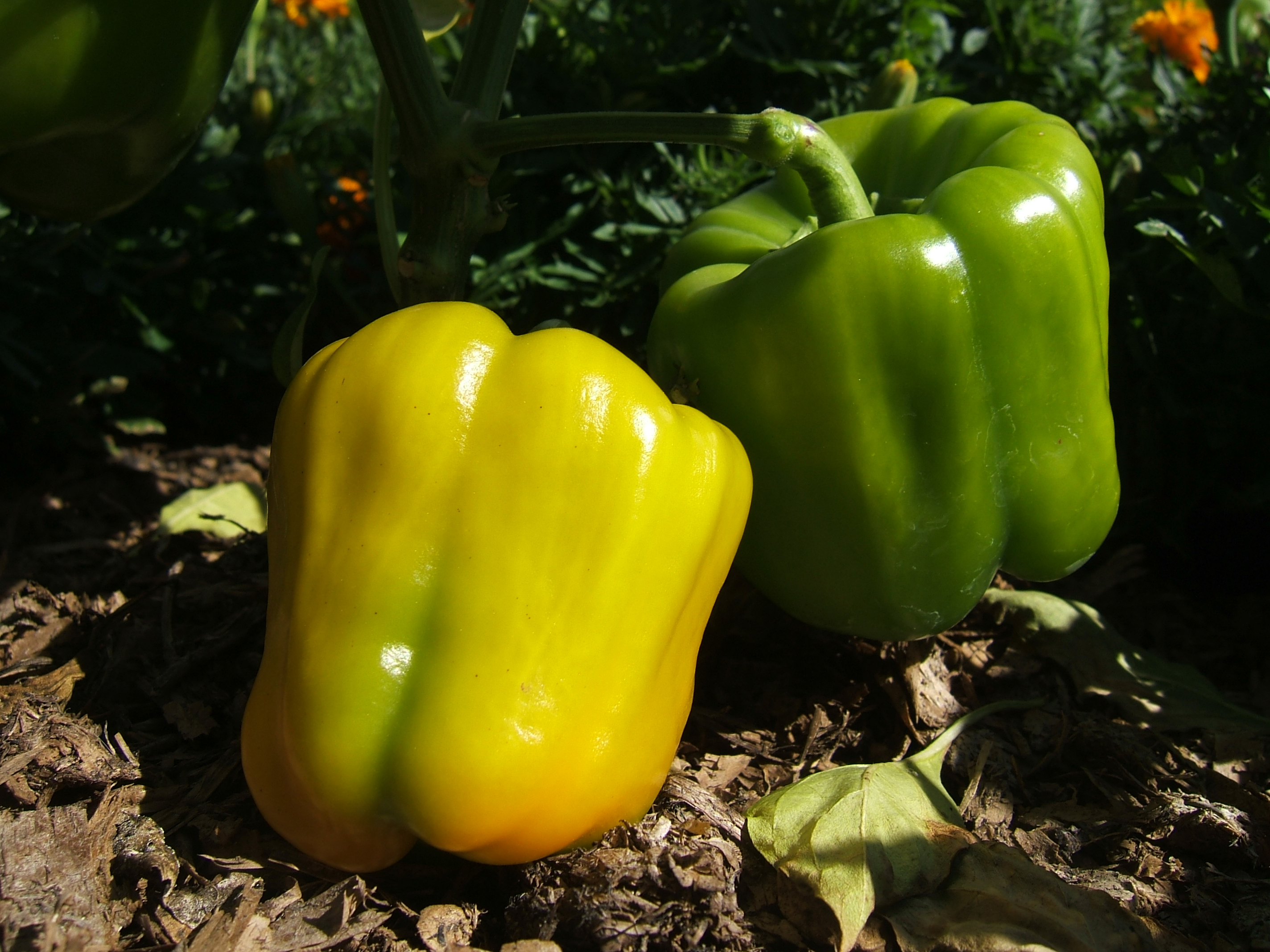Organic Vs. Synthetic Fertilizers: Which Is Best for Nurturing Healthy And Balanced Pepper Plants?
In the realm of nurturing healthy and balanced pepper plants, the selection in between organic and artificial fertilizers stands as a critical decision with far-ranging ramifications. While both choices aim to provide essential nutrients to sustain plant growth, the nuances of their effect on the dirt, plant health and wellness, and the environment trigger a dispute that echoes throughout the gardening community. Understanding the distinctive benefits and prospective mistakes of each fertilizer type is vital for pepper farmers looking for to enhance their yields while maintaining an eco-conscious and lasting method.
Benefits of Organic Plant Foods
Organic plant foods provide an environmentally-friendly and sustainable approach to beneficial pepper plants, providing important nutrients without making use of artificial chemicals. These all-natural plant foods are acquired from natural resources such as garden compost, manure, bone dish, and seaweed, promoting soil wellness and biodiversity. Unlike synthetic fertilizers, organic choices release nutrients gradually, ensuring a consistent and balanced supply for pepper plants to prosper.
One substantial benefit of natural plant foods is their ability to enhance dirt structure and water retention. By improving dirt wellness, organic fertilizers advertise advantageous microbial task, which assists in nutrient uptake by pepper plants. Additionally, organic plant foods lower the risk of chemical run-off, securing water resources from pollution and securing the setting.
Moreover, natural fertilizers contribute to lasting soil fertility by promoting the growth of helpful dirt organisms. These organisms aid damage down natural matter, releasing nutrients in a form that is quickly accessible to pepper plants. best fertilizers for peppers. By cultivating a healthy and balanced dirt community, natural plant foods support sustainable pepper growing techniques that profit both plants and the environment
Drawbacks of Synthetic Plant Foods
Artificial fertilizers, in contrast to their natural counterparts, pose numerous downsides when utilized to nourish pepper plants, influencing both plant health and wellness and environmental sustainability. One significant downside of synthetic fertilizers is their tendency to seep nutrients from the dirt rapidly.
Furthermore, the overuse of synthetic fertilizers can add to water pollution. Excess plant foods not soaked up by plants can remove into water bodies, causing eutrophication, where algae flowers deplete oxygen levels in the water, harming marine life. In addition, synthetic fertilizers are commonly stemmed from non-renewable resources, such as nonrenewable fuel sources, adding to carbon exhausts and ecological degradation during their manufacturing.
Nutrient Absorption Comparison
Efficient nutrient absorption plays an important function in the overall health and development of pepper plants. When comparing natural and synthetic fertilizers in regards to nutrient absorption, natural fertilizers have the benefit of supplying a more well balanced and slow-release source of nutrients (best fertilizers for peppers). Organic plant foods have a selection of macro and trace elements that are not just helpful for the plants yet likewise advertise healthy and balanced soil microbial task, which aids in nutrient uptake. On the other hand, artificial plant foods typically supply a fast release of nutrients, which her latest blog can result in leaching and overflow, causing lower nutrient absorption rates by the plants.
Furthermore, the original source natural fertilizers improve soil framework and water retention capacity, permitting pepper plants to gain access to nutrients more effectively. This better soil high quality facilitates root growth, allowing better nutrient absorption. Synthetic plant foods, although originally boosting plant growth because of their high nutrient focus, might prevent long-term nutrient absorption by degrading soil health and wellness with time.
Ecological Effect Factors To Consider

On the other hand, artificial plant foods, although commonly more focused and promptly offered to plants, can have harmful effects on the environment if not used appropriately (best fertilizers for peppers). Their production needs high energy inputs, resulting in greenhouse gas discharges and adding to environment adjustment. Moreover, the drainage of excess artificial plant foods can pollute water resources, bring about eutrophication and hurting marine ecological communities.
Best Fertilizer Practices for Peppers
When feeding pepper plants, enhancing nutrient uptake and minimizing environmental effect are essential considerations. To achieve this, it is vital to adhere to finest plant food practices customized to the specific requirements of pepper plants. One crucial method is to do a soil test before applying any fertilizers. This test can figure out the pH degree of the dirt and determine any type of nutrient deficiencies, assisting you in choosing one of the most appropriate fertilizer formula.
One more essential practice is to fertilize pepper plants at the correct time. Typically, peppers profit from obtaining plant pop over here food at planting and after that again when they begin to blossom. Over-fertilizing can bring about vitamins and mineral inequalities and hurt the plants, so it is important to follow advised application prices.
Furthermore, choosing a well balanced fertilizer with an NPK ratio that matches pepper plants' demands is essential. Organic fertilizers, such as compost or manure, can be superb selections as they release nutrients gradually and enhance soil framework gradually. However, artificial fertilizers can offer a fast nutrient boost when needed. Ultimately, incorporating synthetic and natural fertilizers deliberately can assist support healthy pepper plants while reducing environmental effect.
Final Thought

Organic plant foods provide an environmentally-friendly and lasting method to nourishing pepper plants, giving important nutrients without the usage of artificial chemicals. Unlike artificial fertilizers, organic choices launch nutrients gradually, guaranteeing a consistent and well balanced supply for pepper plants to flourish.
Artificial plant foods, in comparison to their natural counterparts, position different negative aspects when made use of to nourish pepper plants, impacting both plant health and wellness and ecological sustainability. When contrasting synthetic and organic fertilizers in terms of nutrient absorption, organic plant foods have the benefit of giving an extra balanced and slow-release source of nutrients.Additionally, organic plant foods boost dirt framework and water retention capacity, allowing pepper plants to access nutrients much more effectively.
Comments on “Uncover the Best Fertilizers for Peppers: Crucial Nutrients for Prospering Plants”